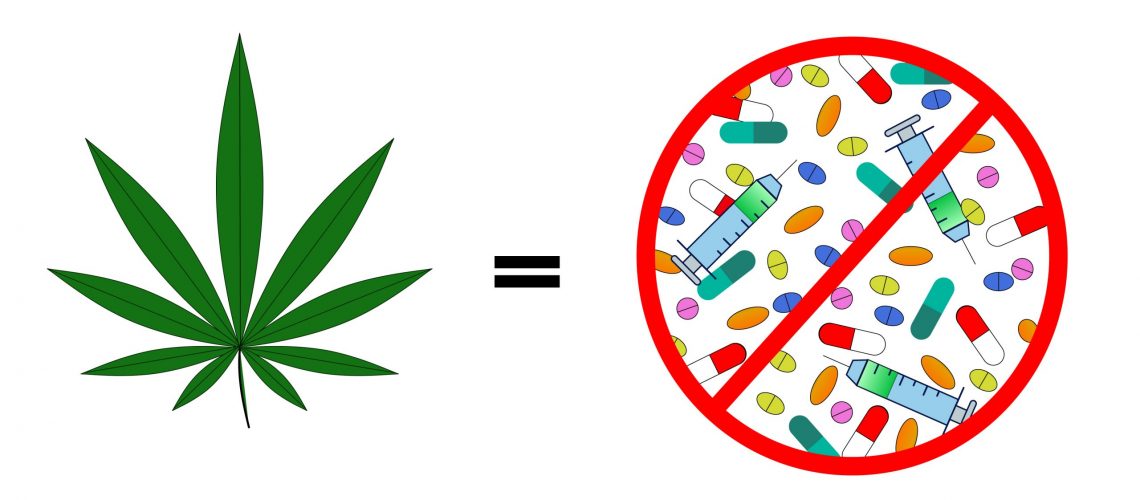LAbstract
Background and Aims
Ecological studies have suggested that Cannabis legalization might have led to a decrease in opioid overdose deaths. Such studies do not provide information about whether individuals are substituting Cannabis for opioids at different points in time. The current study assessed the magnitude of the daily association between Cannabis and opioid use in individual adults with and without pain who use non‐medical opioids.
Design
Prospective cohort study.
Setting
The greater New York area and a suburban inpatient addiction program.
Participants
Adults with problem substance use who use non‐medical opioids, recruited from May 2016–June 2019. The analytical sample included 13 271 days of observation among 211 participants (64% male, 41% white, 78% unmarried, 80% unemployed, mean age 43 years).
Measurements
Participants completed interviewer‐ and self‐administered computerized surveys, and then responded to an interactive voice response (IVR) system daily for the following 90 days. The main exposures, Cannabis use and pain, were defined as responding affirmatively to the IVR question: ‘Did you use Cannabis yesterday?’ and endorsing moderate or severe pain at baseline, respectively. The main outcome, non‐medical or illicit opioid use during 90‐day follow‐up, was defined as responding affirmatively to IVR question: ‘Did you use heroin yesterday?’ or ‘Did you use prescription opioids more than prescribed or without a prescription yesterday?’.
Findings
The mean IVR completion rate was 70%. The unadjusted odds ratio (aOR) indicating same‐day use of Cannabis and opioids was 2.00 [95% confidence interval (CI) = 1.54–2.59]. Controlling for demographic characteristics, recruitment method, opioid types at baseline and pain, the aOR was 1.86 (95% CI = 1.44–2.41). A test of interaction between pain and Cannabis use to determine if the association of Cannabis with opioid use differed between people with moderate‐to‐severe pain and less‐than‐moderate pain was inconclusive.
Conclusions
Among US adults with problem substance use who use non‐medical opioids, the odds of opioid use appear to be approximately doubled on days when Cannabis is used. This relationship does not appear to differ between people with moderate or more severe pain versus less than moderate pain, suggesting that Cannabis is not being used as a substitute for illegal opioids.
Published and full study at: https://onlinelibrary.wiley.com/doi/full/10.1111/add.15228
